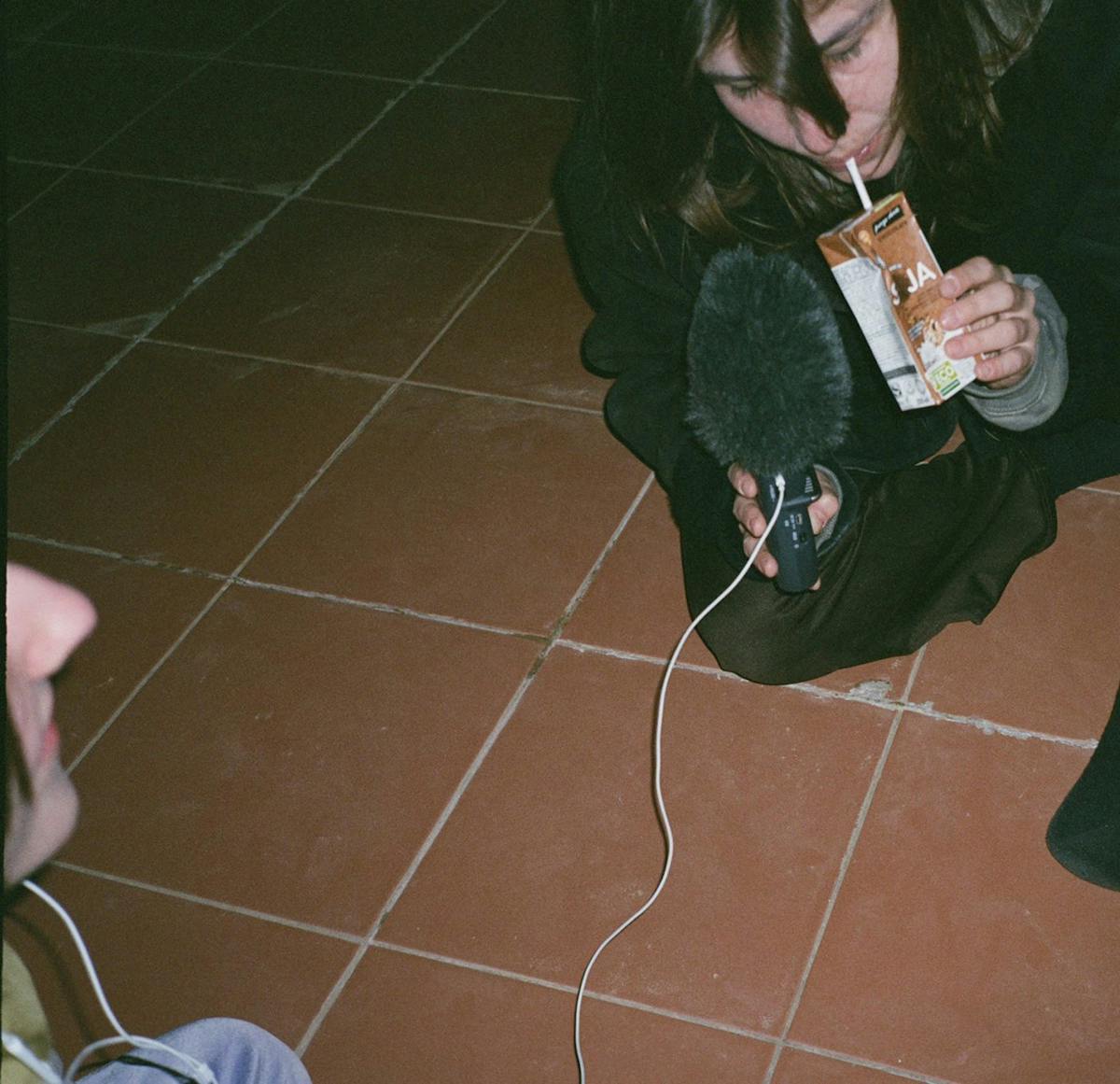News & Events
Goodbye to A Sensory Meridian Radioshow
23/04/2024
This week we say goodbye to a show which has been with us from the dawn of Echobox as the final episode of a ASMR: A Sensory Meridian Radioshow airs this Thursday, 25/04, live from our studio. Over the course of 2 years and 57 episodes, Thalia has created a sweeping archive of experimental ASMR.

During the beginning of the lockdown, Thalia joked with her friends about starting a second career as an “ASMartist”. As she fell down the ASM
R YouTube rabbit hole, she became engrossed with the complexities of the craft – “It was a fun challenge to think about what makes people relaxed and what makes good ASMR. You have to be in the right state of mind, or it feels rushed…you have to be relaxed and in tune with yourself.”
Although she didn’t have a background in music or radio originally, her brother (Tommo Hesselink) is a DJ, and she always had music in the house growing up. She recalls that her “bedroom was next to his computer”, and she “would hear him clicking on [his] keyboard, and missed that sound at night when he left home”. Her natural proclivity for noticing the delicate patterns in the sounds of everyday life prepared her to search for a range of unexpected sources for the show.

Over the course of the project, Thalia welcomed a range of guests into our studio. One of her favourite shows – available to listen back to on our archive – featured people whispering in their native languages. She also experimented with making ASMR with everyday objects, such as a racing bike and scissors while giving a friend a haircut. Her friend Victor Bontje aided her with the sound design when they used a 3D microphone to create a surround sound of the haircut experience, and Scott Kooken helped with selecting ambient tracks for a few episodes with music.
In the process, Thalia says she’s learned a lot about herself. The patience the show required made her a more gentle and thoughtful person. Now she goes through life listening to sounds differently – even a door closing, a lid on a jar, or dangling necklace can be an invitation for contemplation.
As she researched the explanation behind ASMR, Thalia speculated that a lot of ASMR content represents an act of care – “whispering, brushing, pretending to do makeup on someone, organising their jewellery”. In addition to creating relaxing sounds, these simple acts represent a kind of intimacy which can bring comfort to the listener on multiple levels.
Thalia feels that the project has reached its natural conclusion – “I’ve finished my research on why ASMR makes people relaxed”. She hopes she “made people fall asleep, or at least feel curious about ASMR…” and she hopes fans of the show – old and new – will still listen back to the archive the next time they want to relax and enjoy the swirling, intimate sounds of ASMR.